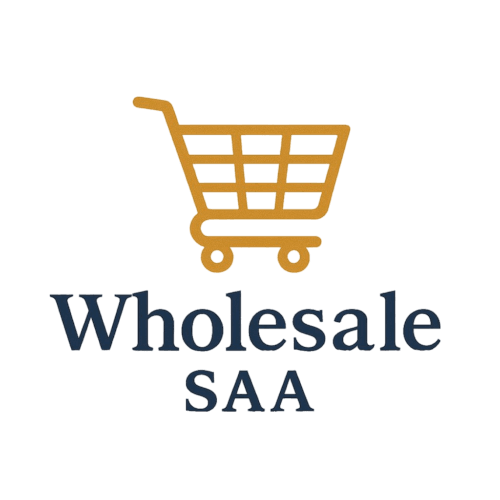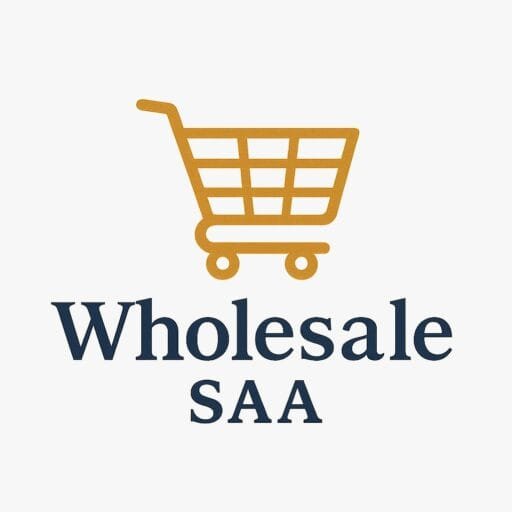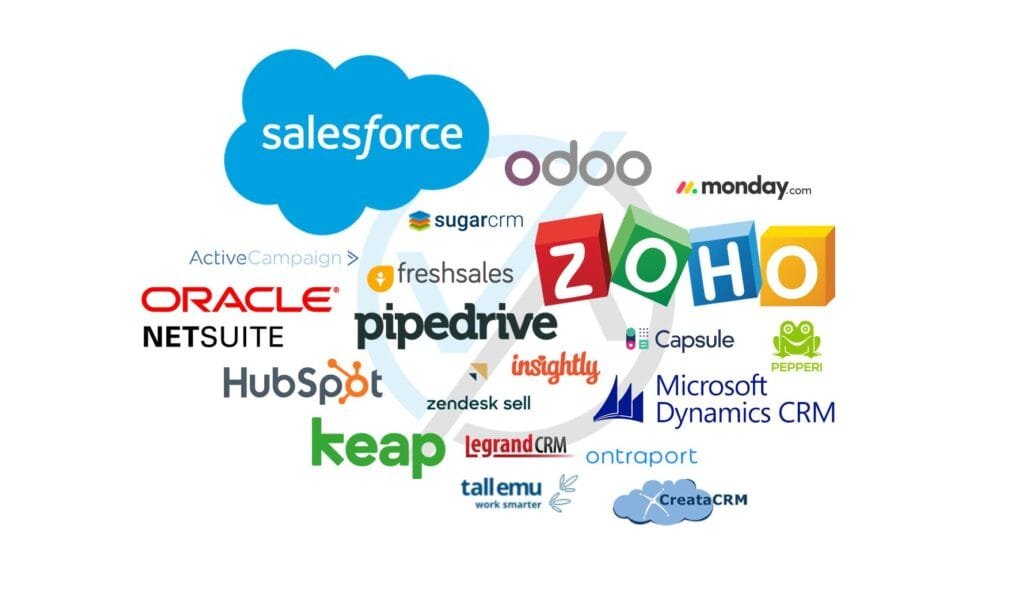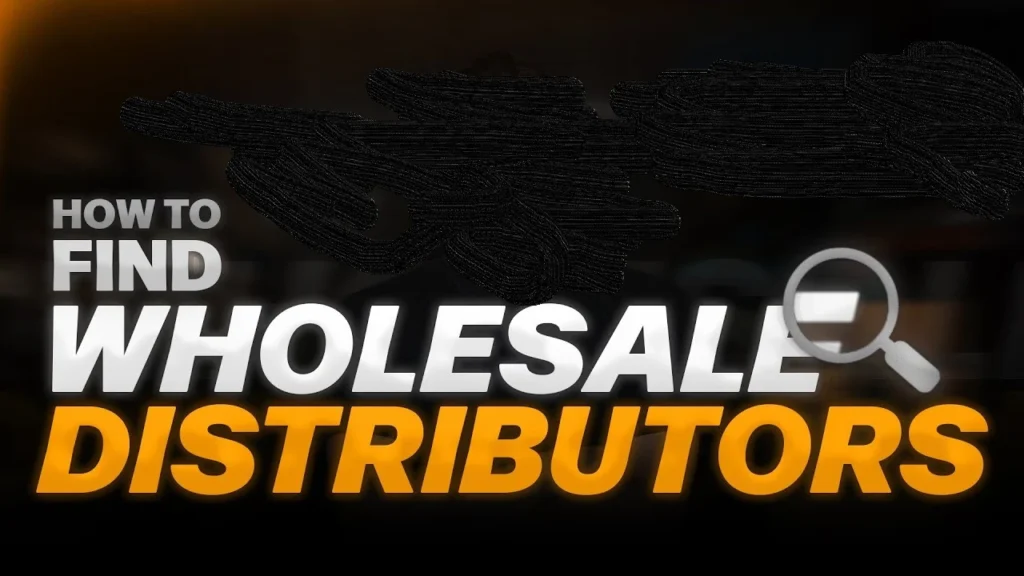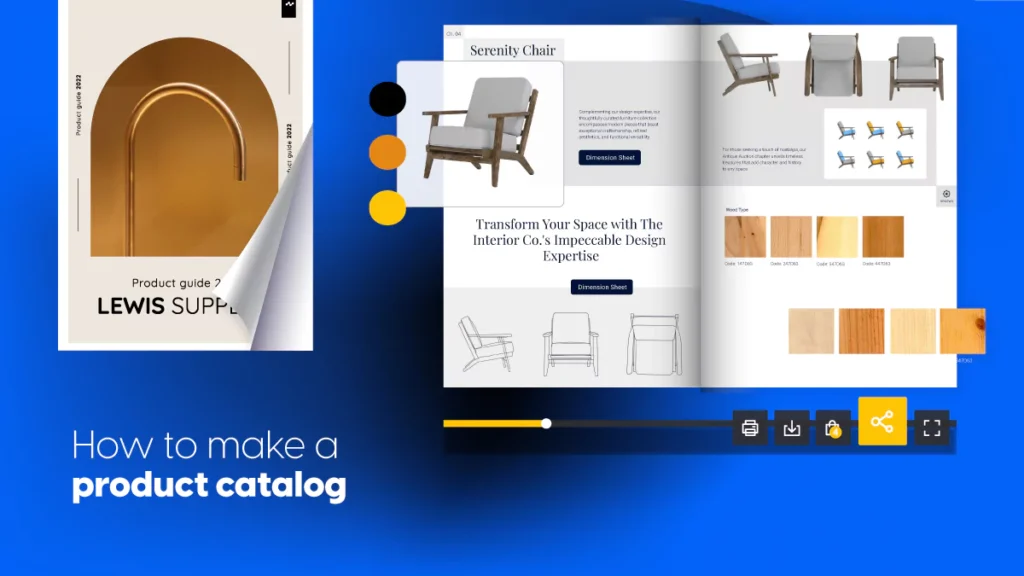In the world of business, whether you’re building a dropshipping empire, running a boutique shop, or managing a manufacturing line, your suppliers are more than just vendors. They’re your silent partners, your behind-the-scenes backbone. Choosing the wrong one can cost you money, time, and credibility.
But how do you know which suppliers you can trust? It’s not just about finding someone who delivers the cheapest goods. It’s about finding a supplier who’s consistent, communicative, and aligned with your standards.
This guide breaks down how to identify and select trustworthy suppliers, with key indicators, emotional insights, real-world examples, and a practical checklist to help you build reliable partnerships that fuel long-term growth.
The Emotional and Financial Cost of a Bad Supplier
Imagine launching your new product line after months of preparation, only to find out your shipment is delayed, the materials are subpar, or worse, your supplier has ghosted you entirely. For many entrepreneurs and businesses, this nightmare becomes real when supplier vetting is rushed or overlooked.
A bad supplier affects:
Your reputation
Customers won’t forget late or defective productsYour bottom line
Lost sales, refunds, and higher operational costsYour stress levels
Chaos management isn’t part of the job description
Key Impacts of Choosing Trustworthy Suppliers
Selecting a supplier you can trust doesn’t just reduce headaches. It can transform your entire operation.
Stable Inventory and Timely Deliveries
A reliable supplier ensures that you don’t run out of stock when demand is high. They deliver when they say they will, keeping your inventory flowing and your customers satisfied.Quality Assurance
Trustworthy suppliers meet or exceed product quality standards every time. No second-guessing. No surprises. This keeps return rates low and brand reputation high.Cost Predictability
Working with dependable partners allows you to forecast costs better. They don’t spring hidden fees or unexpected upcharges on you.Scalability
When you’re ready to grow, a good supplier grows with you, offering better pricing, logistics support, or even new product lines.Crisis Management
In emergencies like port strikes, material shortages, or sudden demand spikes, trustworthy suppliers communicate clearly and act fast. They don’t disappear when things go sideways.
How to Identify a Trustworthy Supplier
Let’s move from theory to practice. Here are the steps you can take to assess whether a supplier is truly worth your trust.
1. Start with Supplier Research
Before contacting anyone, do your homework. Search the supplier’s name online. Look for:
Business directories and marketplaces such as Alibaba, ThomasNet, and Made-in-China
Reviews on Trustpilot, Reddit threads, or independent forums
Company website. Is it professional, updated, and transparent?
Pro Tip: Use keywords like
[supplier name] scam
[supplier name] reviews
[supplier name] complaint
to dig deeper.
2. Check Business Legitimacy
Trust starts with verification. Request:
Business registration documents
Certifications like ISO, FDA, CE
Tax identification numbers
If you’re dealing with international suppliers, platforms like ImportGenius or Panjiva can offer trade data that shows shipping history and legitimacy.
3. Evaluate Communication Responsiveness
From the first email or call, assess how quickly and professionally the supplier responds.
Do they answer questions directly?
Are they proactive with updates?
Do they ask about your business needs?
Good communication is a clear indicator of reliability. If they’re unresponsive now, imagine during a shipment crisis.
4. Ask for References and Samples
Legit suppliers have nothing to hide. Ask for references from existing customers, especially in your industry.
Also request product samples to:
Test quality firsthand
Assess packaging
Evaluate shipping timelines
If they resist or delay this process, that’s a red flag.
5. Use Secure Payment and Order Methods
A trustworthy supplier should offer:
Escrow services especially for first-time international deals
Payment options like PayPal, credit card, or secure wire transfers
Clear terms on refunds, damages, and order disputes
Avoid vendors who insist on Western Union or crypto payments without third-party protection.
6. Audit Factory or Operations if Possible
If you’re placing large or recurring orders, consider a factory visit or hiring a third-party inspection agency.
What to look for:
Clean, organized facilities
Staff who understand your product
Machinery and capacity to handle your scale
7. Review Contracts Carefully
Don’t rely on email threads. Get formal agreements in writing. Your contract should clearly state:
Product specifications
Delivery timelines
Payment terms
Penalties for delays or defects
Dispute resolution process
It’s worth having a legal expert review it, especially for international deals.
8. Start with Small Orders
Before committing fully:
Test with a sample or MOQ, minimum order quantity
Evaluate how the supplier handles it from A to Z
Look for consistency in quality, delivery, and communication
If they deliver as promised, you can gradually increase order size and deepen the relationship.
9. Track Supplier Performance Over Time
Once a supplier is onboard:
Monitor delivery times
Record defect rates
Ask customers for feedback on product quality
Evaluate how fast they resolve issues
Set quarterly reviews to assess whether they’re still meeting your standards.
10. Use Supplier Rating Tools
Some B2B platforms offer built-in rating systems to evaluate suppliers based on user reviews, order fulfillment rates, or even AI-backed trust scores.
Examples include:
Alibaba’s Gold Supplier status
ThomasNet supplier profiles
Oberlo and Spocket reliability badges
Use these tools to validate your observations and avoid blind spots.
Final Checklist
Use this supplier selection checklist to vet every potential partner:
Do they have a verifiable business registration?
Are their reviews and trade history positive?
Do they respond to messages quickly and clearly?
Can they provide samples or references?
Are their payment and refund policies secure?
Is there a clear written contract or purchase agreement?
Do they meet your quality standards and delivery timelines?
Are you able to test them with a small order first?
Can they scale with your business as it grows?
Do you feel comfortable and confident working with them?
If you checked at least 8 out of 10, that’s a promising sign
Conclusion
Finding a supplier you can trust is not a one-click task. It takes time, patience, and sometimes a little trial and error. But when you do find that right-fit supplier who treats your business with care, delivers reliably, and grows alongside you, it’s like striking gold.
Trust doesn’t just ensure better products. It builds the foundation for your entire brand reputation.
So, take the time to vet thoroughly, build communication, and think long-term. Your future self and your customers will thank you.
